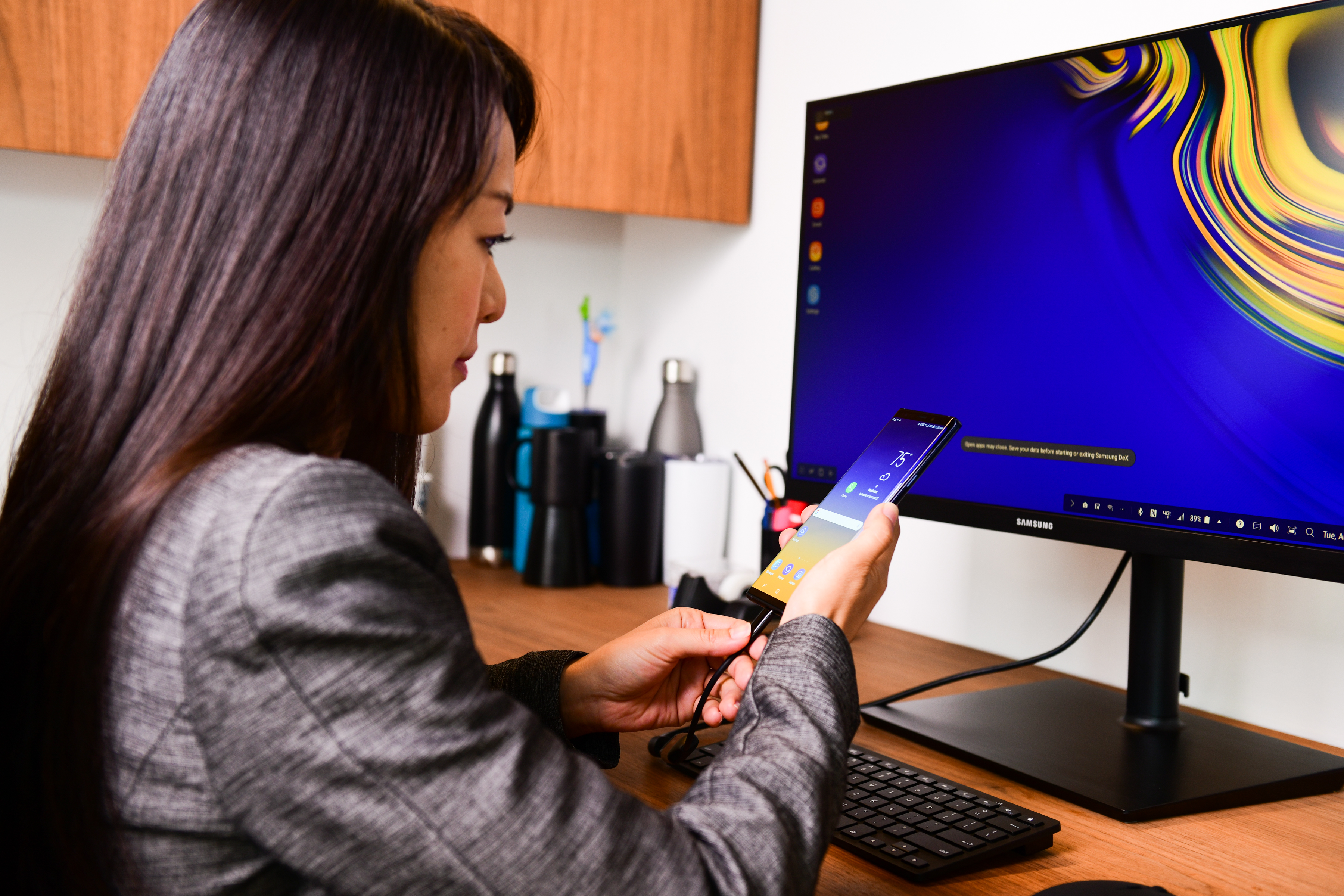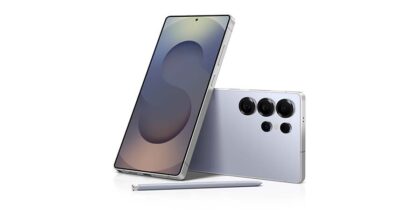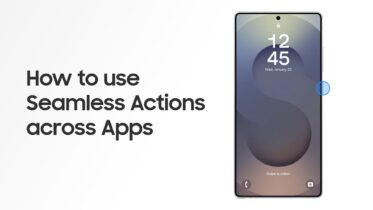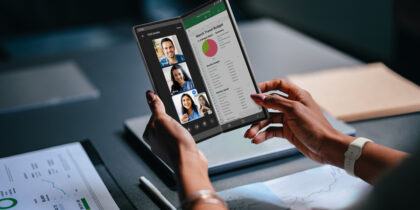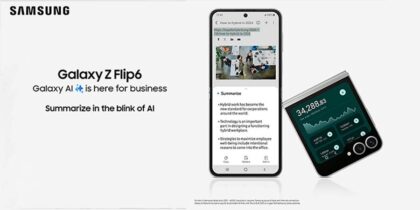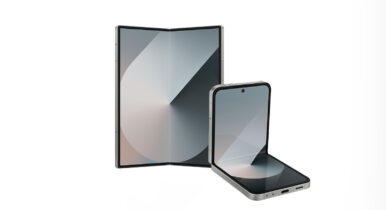The way we work has changed dramatically in the past decade. The rise of mobile and cloud has come hand-in-hand with a shift in workforce organization and in worker expectations.
More than two-thirds of professionals worldwide are working remotely — or telecommuting — at least one day a week, according to International Workplace Group. We’re working at home, on the go, at client locations — and we’re working at the office, when we have to.
A survey of job seekers by AfterCollege found that 68 percent of millennials say the option to work remotely greatly increases their interest in a potential employer.
The Laptop Bag
The past decade has also been defined by workers juggling more devices. We’ve all gotten used to switching between a phone, laptop, thin client and tablet. We’re used to carrying a laptop bag packed with various charging cables, multiple logins throughout the day, and the fact that certain apps are great on mobile and others require you to boot up the PC.
The fact is, however, the latest smartphones — like the new Samsung Galaxy S10 — are capable of powering all the computing that most users need. This is exactly why we created Samsung DeX.
How DeX Works
The idea is simple. You connect your Galaxy smartphone to an external screen with a simple DeX adapter or cable, you pair a keyboard and mouse, and now you’re running a full desktop experience powered by your phone.
Go Mobile-Only With DeX
Your comprehensive guide to rolling out a mobile-only solution for your workers. Download Now
You have to try DeX to understand how seamless it is. Within seconds you are accessing your mobile apps on a desktop with multiple resizable windows, drag-and-drop functionality and all of the keyboard shortcuts you’re used to. The full Microsoft Office suite is optimized for DeX. Write reports, update spreadsheets and edit presentations – all at once. No laptop, no sweat.
How DeX Has Evolved
We’ve refined the DeX experience considerably over the past two years. It’s streamlined and now just requires a small, pocketable DeX adapter to connect to your HDMI monitor. There are more and more apps optimized to take advantage of DeX. Plus, we’ve worked to allow IT administrators to control the DeX environment, meeting the key security, management and configuration requirements needed to deploy DeX within an enterprise.
Going Mobile-Only
For me, it’s been very exciting to see the interest and adoption of DeX expand so quickly across a wide range of industries.
In public safety, we’ve worked with industry leaders to create a DeX in-vehicle solution to replace bulky in-vehicle laptops. Public safety officers can use their Galaxy smartphones to power access to computer-aided dispatch (CAD) in the vehicle. When they undock to attend a scene on foot, they can maintain seamless access via their smartphone.
In healthcare, DeX is an ideal solution for physicians and nurses when making their rounds. Smartphones are already becoming the key tool for clinical communications, replacing the legacy pagers and communications badges that have been in use for decades. Now, with DeX, doctors can quickly connect their phone to a screen in the patient room to access electronic health records (EHRs), share anatomy charts and images, take notes and issue prescriptions. When they are done, they just disconnect and take their phone with them to the next patient consultation.
In areas like insurance, DeX lets associates be more mobile. Insurance assessors are already using their smartphones as their primary computing device in the field. And, in many cases, they are leveraging virtual desktops when they sit down to fill out paperwork. Now they can dock their smartphone to a monitor and access those virtual desktops within DeX — all without a laptop or traditional PC.
Make Mobile Your Competitive Edge
Many businesses are playing catch-up with mobility. They know mobile is the future, but they struggle with bring-your-own-device (BYOD) practices and don’t have the right strategy to fully enable employees to get work done on their phones.
Going mobile-only with DeX is an opportunity to be proactive and get ahead of the changes in today’s technology and workforce environment.
Samsung takes a very collaborative approach to working with businesses on technology projects and deployments. We have specialized, dedicated teams of mobile solution consultants, and advanced mobility management tools that allow us to customize devices to meet your unique needs.
If you are still unsure about where desktop computing is headed, I suggest you try DeX out for yourself. After just a few minutes, I think you’ll agree that the future of desktop computing is mobile-powered.
Learn more about how your business can go mobile only with Samsung DeX.
